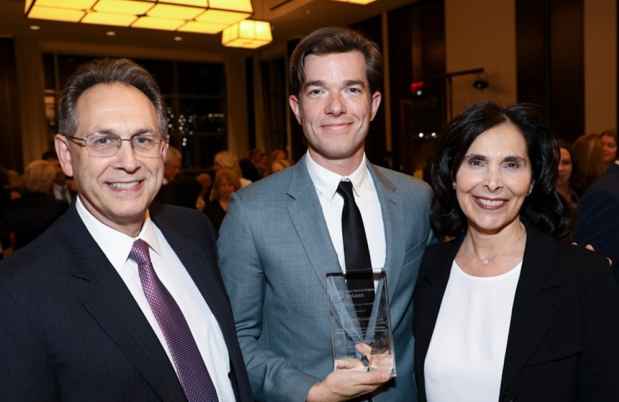Rose-Marie van Otterloo has two goals that inform her work with McLean: to reduce the stigma of psychiatric illness and to motivate other philanthropists to support the hospital.
van Otterloo and her husband Eijk’s involvement with McLean began 15 years ago after a family member was successfully treated at the hospital. “McLean is a wonderful and needed place,” says Rose-Marie. “The staff was so involved in our loved one’s care and would do anything to make things work. We were impressed with how McLean engaged the whole family, encouraging us to participate in our loved one’s treatment.”
That positive experience led van Otterloo, who has suffered from depression herself, to become more deeply involved with McLean. She served on the hospital’s board of trustees from December 2001 through June 2005. While a trustee, van Otterloo also served on the hospital’s development committee, a post she maintains today. Because education is one of her passions, the van Otterloos have focused much of their philanthropy on Pathways Academy and the Arlington School—vital academic programs within McLean. They also contribute generously to the McLean Fund, recognizing that the breadth of the hospital’s mission requires flexible support to meet critical and emerging needs each year.

In 2009, van Otterloo assumed the role of chair of the McLean National Council, a group she and Eijk have been members of since its inception in 2002. The dedicated and influential members of this group act as mental health ambassadors in their communities worldwide and are major supporters of McLean. van Otterloo keeps the council engaged with the hospital and helps plan its annual meeting when members convene for two days of symposia and presentations.
van Otterloo says that an important part of her work with the National Council has been to combat the stigma of mental illness by sharing her own struggles. “You have to tell your stories so other people are less afraid of telling their stories,” she says. “If I can stand in front of the National Council and say, ‘I have suffered from depression, have been treated and am well,’ maybe someone else will come forward and say the same thing.”
Media Requests
Journalist or member of the media? We are available 24/7 for media requests.



